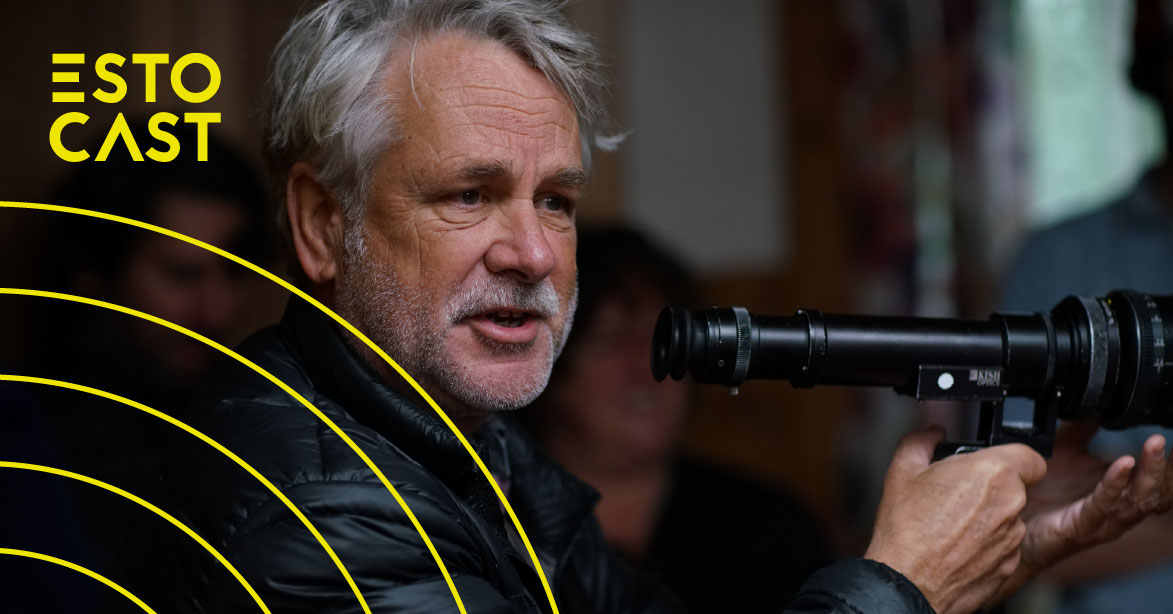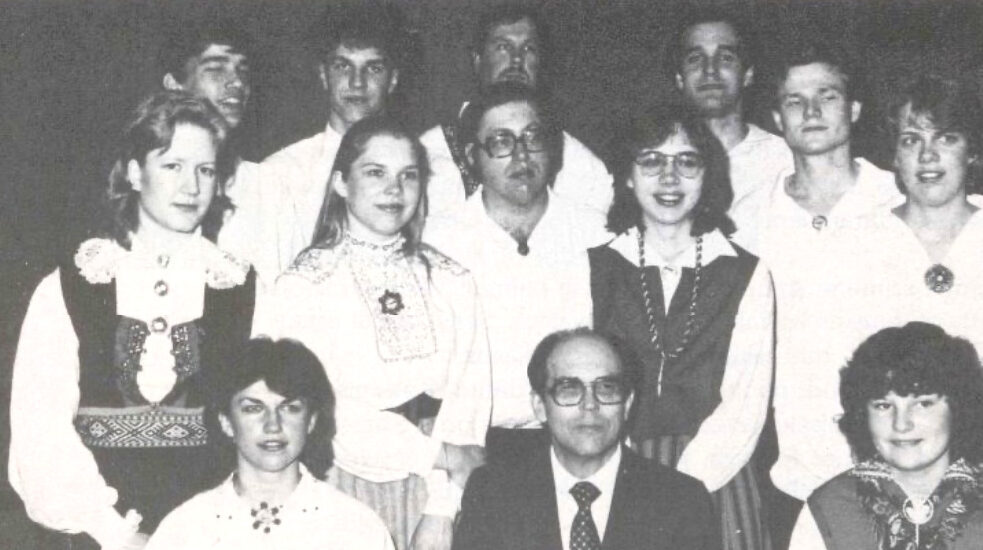Antanas Sileika is a novelist, critic and educator who was born in Weston, Ontario to Lithuanian parents. He grew up with stories of their Lithuanian homeland, fleeing to freedom and starting a new life in Canada. In Jaan Kross fashion, Sileika has woven these stories, his own life experiences and extensive historical research into articles and short stories as well as four novels. Antanas Sileika is well known in Canadian literary circles as a former co-editor of the Canadian literary journal Descant, as a columnist on the CBC Radio's The Arts Tonight, as a regular columnist on The Next Chapter, and as a host of the Word on the Street. He is presently the director of the Humber School of Writers in Toronto.
His novel Buying on Time (1997) is a collection of linked short stories set in Weston and dealing with everyday life as the child of recent immigrants. Many scenarios will be familiar to Estonians – building of the first house, cottages on Lake Simcoe, and the constant pressure to be that son his Lithuanian parents could be proud of. This novel was nominated for the City of Toronto Book Award and also the Stephen Leacock Award for Humour.
His next novel, Woman in Bronze (2004) is the story of a young man who leaves Czarist Lithuania and tries to succeed as a sculptor in Paris. In the novel, we meet historical characters Josephine Baker, Lithuanian born Polish General Jozef Pilsudki as well as Lithuanian born sculptor Jacques Lipchitz.
Underground: A Novel (2011) was listed in the Globe and Mail as one of the 100 best books in 2011. It will be the focus of Antanas Sileika's talk at Tartu College; specifically the research and sources that went into this novel. The story begins in 1944 as the German forces retreat from Lithuania and the Russian forces move in. On one level, it is a love story between Lukas and Elena. More significantly, however, it is the story of Lithuanian partisans and their efforts to hold on to freedom and get attention for their cause. Lukas manages to escape to the West and is baffled by the lack of support from the governments. Just as the Estonians waited for the “White Ship” from the West that never came, the Lithuanian partisans had heard of the atom bomb and asked “Why are the Americans so selfish with their bomb?” “Why can't they help us with it?” Although we are all familiar with the ultimate fate of the resistance fighters, the twists and turns of their efforts to succeed are a fascinating story.
This lecture will be enjoyed by those who are interested in history as well as those who appreciate the skills of a master storyteller. Readers who would like to prepare ahead for this special presentation will find Antanas Sileika's novels available on Amazon.ca.
Kaja Telmet




